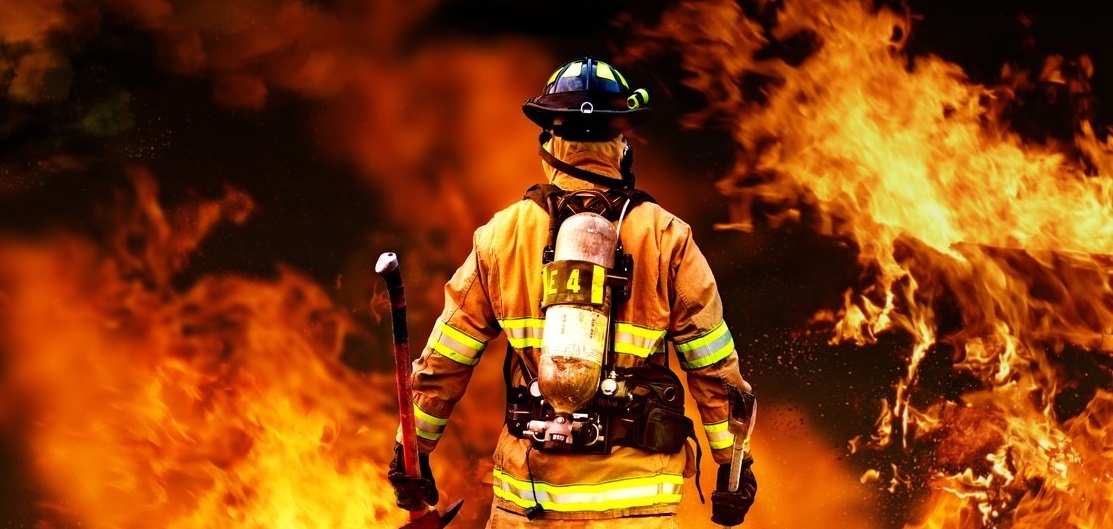Objectives:
It is generally recognized that one of the most serious problems in the field of fire prevention is the lag of laws and ordinances behind the technical knowledge in this field. It is basic that before a State or city can carry out a proper fire prevention program, adequate laws and ordinances must be adopted.
It is often said that ours is a “government of laws rather than men”; and there is no field in which a more apt illustration of that statement exists than in the field of fire prevention. With many building codes 10, 20, and more than 30 years old, it can readily be appreciated that State and local officials charged with fire prevention work cannot find, in these antiquated and obsolete laws and ordinances, an adequate legal basis for proper administrative action for utilization of present engineering and safety knowledge in the field of fire prevention.
In the field of State fire prevention laws, most States have confined themselves to statutes authorizing cities to adopt building codes, with a few States having laws of Statewide application that apply to places of public assembly, storage of inflammable liquids, and safety standards for construction work. In some States, there is a fire marshal charged with the administration and enforcement of such legislation. In other States, persons charged with administration of State labor, health, and insurance laws are given this responsibility, because the State has concerned itself chiefly with particular safety standards. The States, with few noteworthy exceptions, have not been too active in the field of fire prevention, but have left this matter to municipalities.
This committee has surveyed the legal problems that exist with respect to laws and ordinances in the field of fire prevention, and this report contains the information it has accumulated and its recommendations based thereon. It is so generally conceded that the enactment and enforcement of fire prevention regulations is valid under the police power of States and cities that this committee does not deem it necessary to refer to the hundreds of court decisions on this point.
Who should attend?
All employees in the security and fire departments
Course Outline:
Day 1
Paper 1 Implications of Workplace Safety and Health Act:
This paper will highlight the key requirements of the Act and their implications for non compliance which have impacts on property management
Paper 2 Implications of the New Fire Code on Property Management:
This paper will outline the new changes to the Fire Code which have implications on property management and fire safety needs for mega projects
Day 2
Paper 3 Importance of Environmental Public Health:
This paper will highlight the importance of environmental management in providing a safe and healthy living environment, and the implications of non compliance with the law governing environmental public health
Paper 4 Model Building Codes and Standards:
This paper will highlight the so-called “model” building codes, such as those prepared by the National Board of Fire Underwriters. Other so-called “model” codes cover specific subjects, such as the National Electric Code prepared by the National Fire Protection Association, the National Elevator Code prepared by the National Elevator Manufacturing Industry, Inc., and the more than 100 American standards concerned with industrial safety that have been prepared and approved by the American Standards Association. The last-named standards cover steel, reinforced concrete, foundries and other subjects, and give what is considered by members of the American Standards Association as good engineering practice in each field.
Paper 5 Use’s of Model Codes and Standards:
This paper will highlight the many excellent codes and standards that have been developed from an engineering viewpoint cannot become effective, however, until they are actually taken over into the law of local communities by ordinances legally adopted. It is the function of the Laws and Law Enforcement Committee of the President’s Conference on Fire Prevention to inquire into the best way to bridge the gap between the good engineering and safety standards that have been developed and the codes and standards actually in existence.
Day 3
Paper 6 Methods of Adoption of Model Codes and Standards:
This paper will highlight the codes and standards above suspicion which should be adopted by State and local governments, the duty of this Committee would seem to be to inquire into the legally approved methods whereby such adoption can take place. The following methods of adoption have been considered in the past:
Paper 7 Application of New Fire Prevention Regulations to Existing Buildings:
This paper will highlight the failure of legislative bodies to make new fire prevention regulations applicable to existing buildings. Because much of the litigation concerning building codes has involved the reasonableness of applying new fire prevention regulations to existing buildings, this committee has inquired into the legality of such application.
Day 4
Paper 8 State Building Codes:
This paper will highlight the “The Problem of Building Code Improvements,” 12 Law and Contemporary Problems
Paper 9 Other Fire Prevention Legislation:
This paper will highlight the various well-rounded fire prevention program, as, for example, arson laws, fire marshal laws, and Statewide inspection laws of various kinds.
Day 5
Paper 10 Enforcement of Fire Prevention Regulations:
This paper will highlight paramount conclusion of the Committee on this subject is that the field of enforcement of fire prevention regulations is one that has received too little attention. Lack of properly qualified officials to enforce State statutes and local building codes has prevented the achievement of the maximum fire prevention possible under existing statutes and ordinances.
WORKSHOP STYLE:
This will be a participative workshop with a mix of interactive learning sessions, exercises and discussions aimed to provide maximum impact and learning retention for all delegates.




